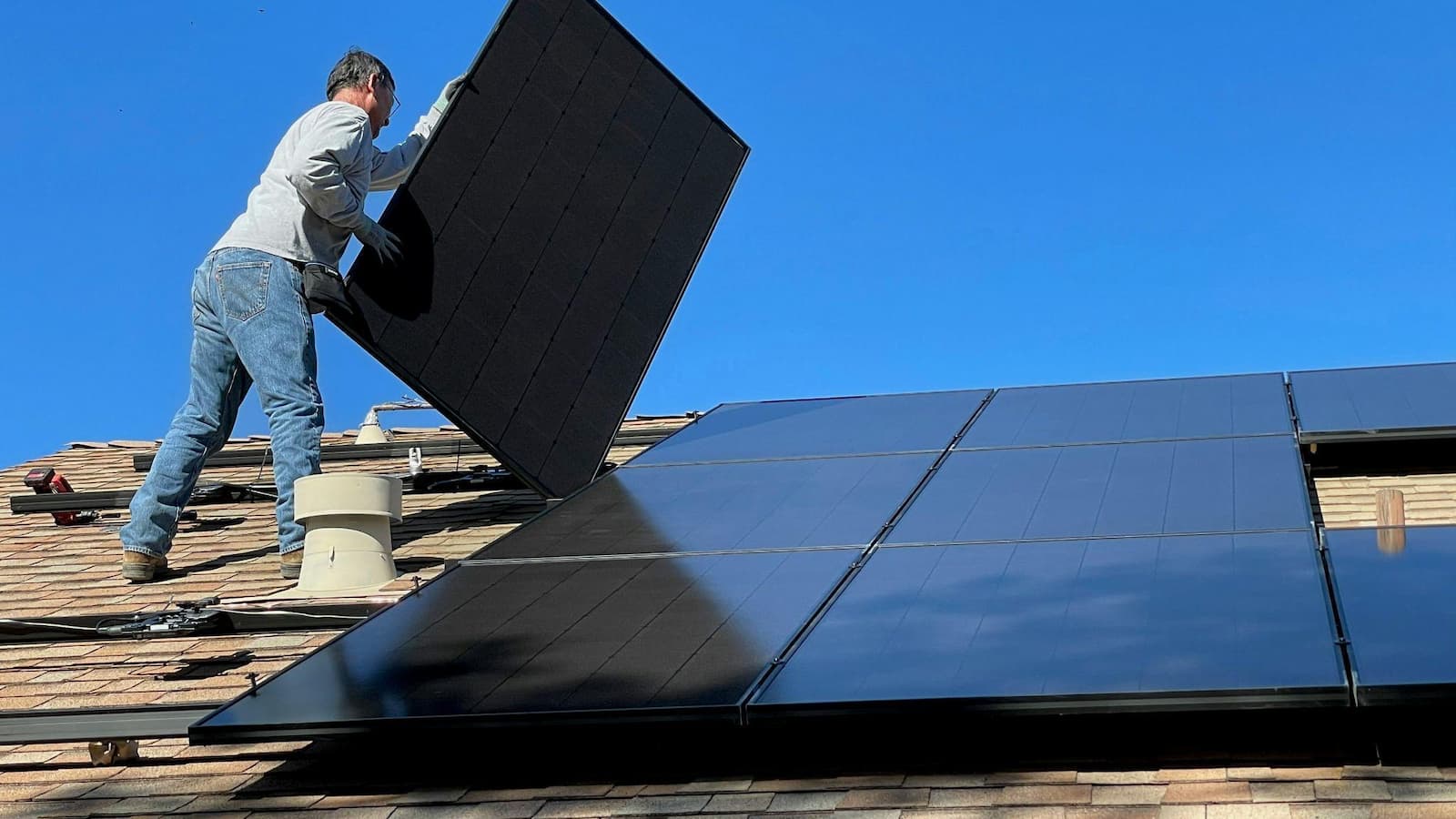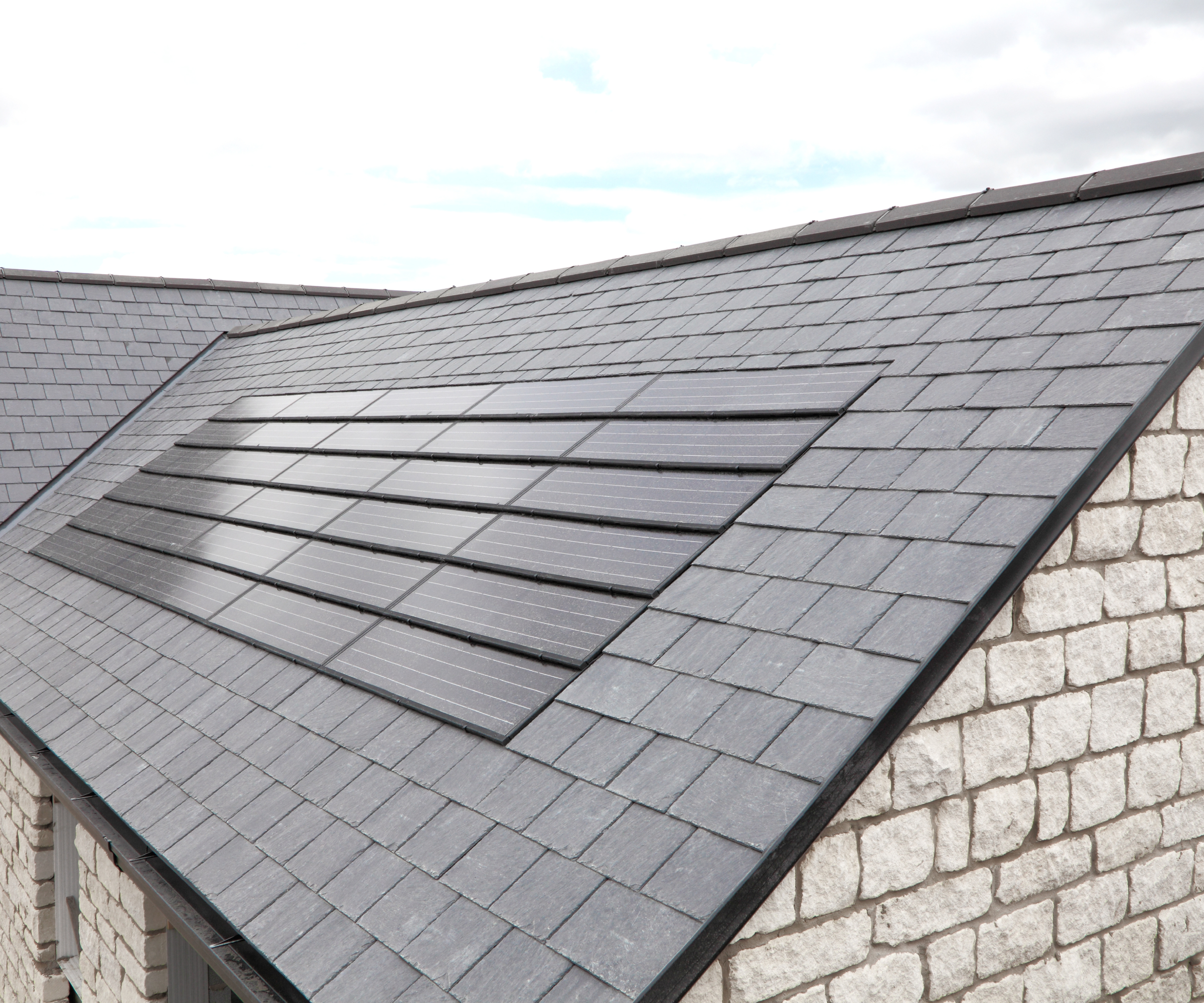Sunshine Bill requiring solar panels to be mandatory rejected in parliament
The bill aimed to make it a requirement for all new homes to install solar panels

The UK Parliament has voted against the "Sunshine Bill," officially known as the New Homes (Solar Generation) Bill, which proposed all newly built homes would be required to have solar panels.
This bill aimed to make new homes not only more cost-effective to live in but also more environmentally responsible.
However, it faced opposition from Housing Minister Matthew Pennycook, who raised concerns over potential adverse effects on the housing market, including delays in construction, increased complexity in building processes, and potential disruptions to local authority planning.
Despite this, the government has reaffirmed its dedication to sustainable housing through its upcoming policy, the Future Homes Standard, set to be enforced later in 2025.
What is the Sunshine Bill?
The New Homes (Solar Generation) Bill, proposed by Liberal Democrat MP Max Wilkinson, aimed to require all new homes to install solar panels.
Dubbed the "Sunshine Bill", it sought to address the twin challenges of rising living costs and climate change by mandating solar panel installation during new home construction.
The bill's primary objective was to "integrate renewable energy solutions directly into the housing fabric", thereby reducing dependency on conventional energy sources, lowering household utility expenses, and significantly decreasing carbon emissions.
Bring your dream home to life with expert advice, how to guides and design inspiration. Sign up for our newsletter and get two free tickets to a Homebuilding & Renovating Show near you.
Why was the Sunshine Bill rejected?

Housing Minister Matthew Pennycook rejected the bill, citing concerns about potential adverse impacts on housing supply, construction industry development, and local authority planning.
The cost of adding solar panels, estimated at £5,000 to £10,000 per home, was seen as making houses even less affordable, especially when average UK house prices are already high.
The complexity of installing solar panels on every new build would also strain the construction industry, which is already short on skilled workers. Additionally, it was argued local planning would become more complicated and time-consuming, adding to existing delays in getting planning permission.
There was also an argument for giving developers the freedom to decide when and where to use solar panels based on market needs rather than being forced by law.
While expressing sympathy for the bill's intentions, government officials argued that mandatory solar installation could complicate new home construction.
Implications for the future
Despite the bill's rejection, the government signalled commitment to greener housing solutions.
The Future Homes Standard, set to be implemented in 2025, promises low-carbon heating and high-quality building fabric. Pennycook confirmed that "solar energy will have an extremely important role to play" in future housing regulations.
One local developer, Newland Homes, has already demonstrated the potential benefits, with data showing customers in their solar-equipped homes could save up to £2,000 annually on energy bills.
The bill's adjournment until July 2025 suggests the conversation about mandatory solar panels is far from over, with 82% of the public supporting rooftop solar on new homes.

News Editor Joseph has previously written for Today’s Media and Chambers & Partners, focusing on news for conveyancers and industry professionals. Joseph has just started his own self build project, building his own home on his family’s farm with planning permission for a timber frame, three-bedroom house in a one-acre field. The foundation work has already begun and he hopes to have the home built in the next year. Prior to this he renovated his family's home as well as doing several DIY projects, including installing a shower, building sheds, and livestock fences and shelters for the farm’s animals. Outside of homebuilding, Joseph loves rugby and has written for Rugby World, the world’s largest rugby magazine.
